Are you interested in understanding coffee bean grading and classification? You’ve come to the right place—keep reading to find out more!
The Grading System for Coffee Beans
If you look at the information listed on the packaging of green coffee, high-grade coffee, or specialty coffee beans, you’ll see that beans are graded in a specific way. The Specialty Coffee Association of America (SCAA) assists in the development of the roaster grading system. This comprises regular and exchange grade coffee beans, as well as green coffee categorization.
Several factors influence the way coffee beans are graded. To begin with, green beans with the husk removed are sorted over screens with holes of varying diameters. Larger beans are sorted from smaller beans in this manner.
The remaining beans on each screen are then weighed. The coffee is then roasted and cupped to examine its qualities more closely. Bold faults, secondary defects, coffee bean weight, taste profile, moisture content, insect damage, and other variables all play a role in its final evaluation.
In general, coffee cultivated at a greater elevation is bigger, denser, and has a better taste. Even though there are exceptions to the norm, the aim is to achieve a consistent roast.
The Different Grades of Coffee
Coffee beans are traditionally rated on a scale of 1 to 5. The following are some of the differences:
Grade 1: Specialty Grade
This is the highest quality coffee bean available. Coffee beans must fulfill certain requirements to be designated as specialty coffee grade, including the following:
- A maximum of 5 percent of the coffee beans can be above or below a specific screen size.
- Specialty coffee beans must have a specific fragrance, acidity, or flavor profile.
- All coffee beans must be free of flaws in the cup.
- To be designated as specialty-grade coffee beans, none of the beans must be unripe or badly roasted.
This is the coffee we source at Kunjani. We focus on ensuring that the highest standard of quality and flavor come through in the final roasted bean.

Read more: Why Specialty Coffee Is Genuinely Special
Grade 2: Premium Grade
A vast majority of coffee purchased from a coffee shop is brewed using premium-grade beans. These beans are slightly below specialty-grade coffee beans but still meet many of the same characteristics. One exception is that premium-grade coffee can include up to 3 quakers (beans that don’t become dark brown upon roasting), while specialty-grade must have none.
Grade 3: Exchange Grade
Even though these coffee beans are still firm, they have somewhat different standards that include the following:
- As many as half of the batch might exceed the screen size.
- Between 5 and 15 percent of the beans may fall through the cracks in the screen.
- This grade allows for between 9- and 23-fold faults.
- A maximum of five quakers can be in each batch.
If you purchase coffee beans from a supermarket, this is most likely the grade you will get.
Grade 4: Standard Grade
There may be a few risks if you choose standard-grade coffee beans. They might have as many as 86 complete faults in a 300-gram batch. As a result, the flavor, scent, and acidity may be off.
Grade 5: Off Grade

Finally, if the coffee beans do not meet any of the standards mentioned above, they are classified as grade 5 or off-grade. In a 300-gram bag, there are more than 86 complete faults in this batch. Coffee brewed from these beans is probably not something you want to consume.
Final Thoughts
You can love your morning cup even more if you learn more about how they are graded. You can also buy the best coffee beans and brew them yourself at home, allowing you to tailor your coffee experience based on your precise needs.
Kunjani is a women-owned coffee shop and coffee roaster. We source only the best specialty coffee beans from farms and producers that meet our quality, sustainability, and transparency standards. Shop with us today!


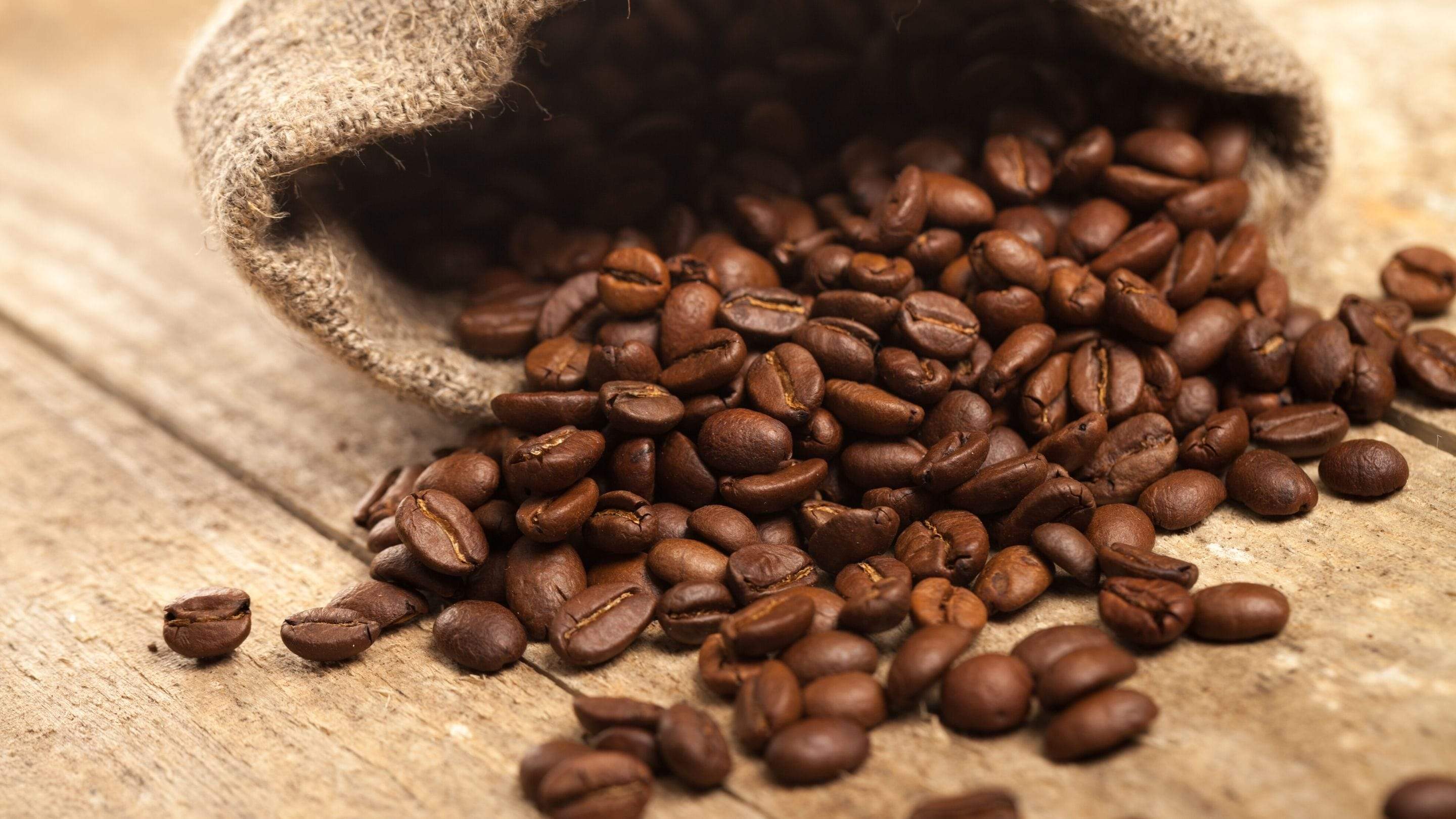
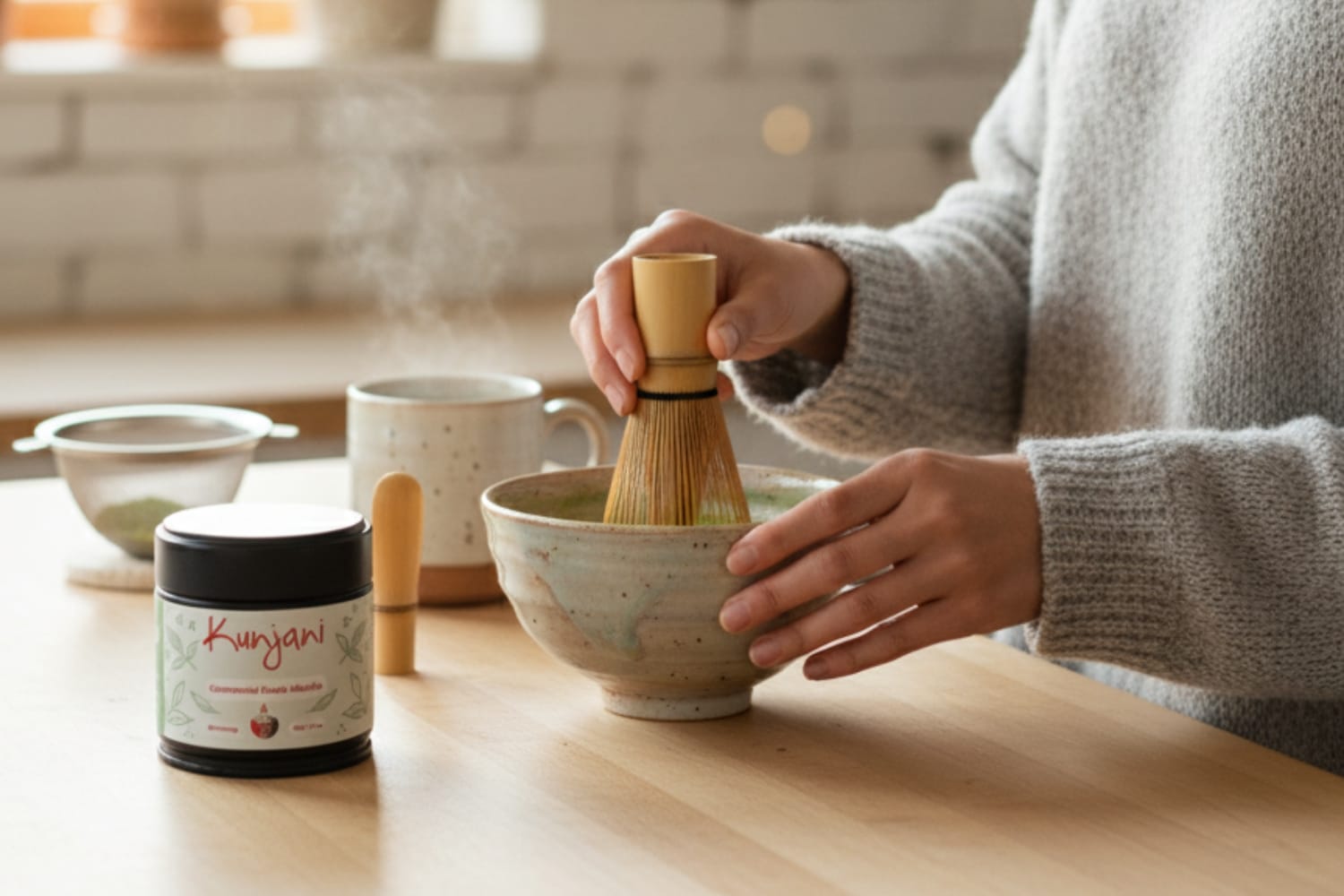

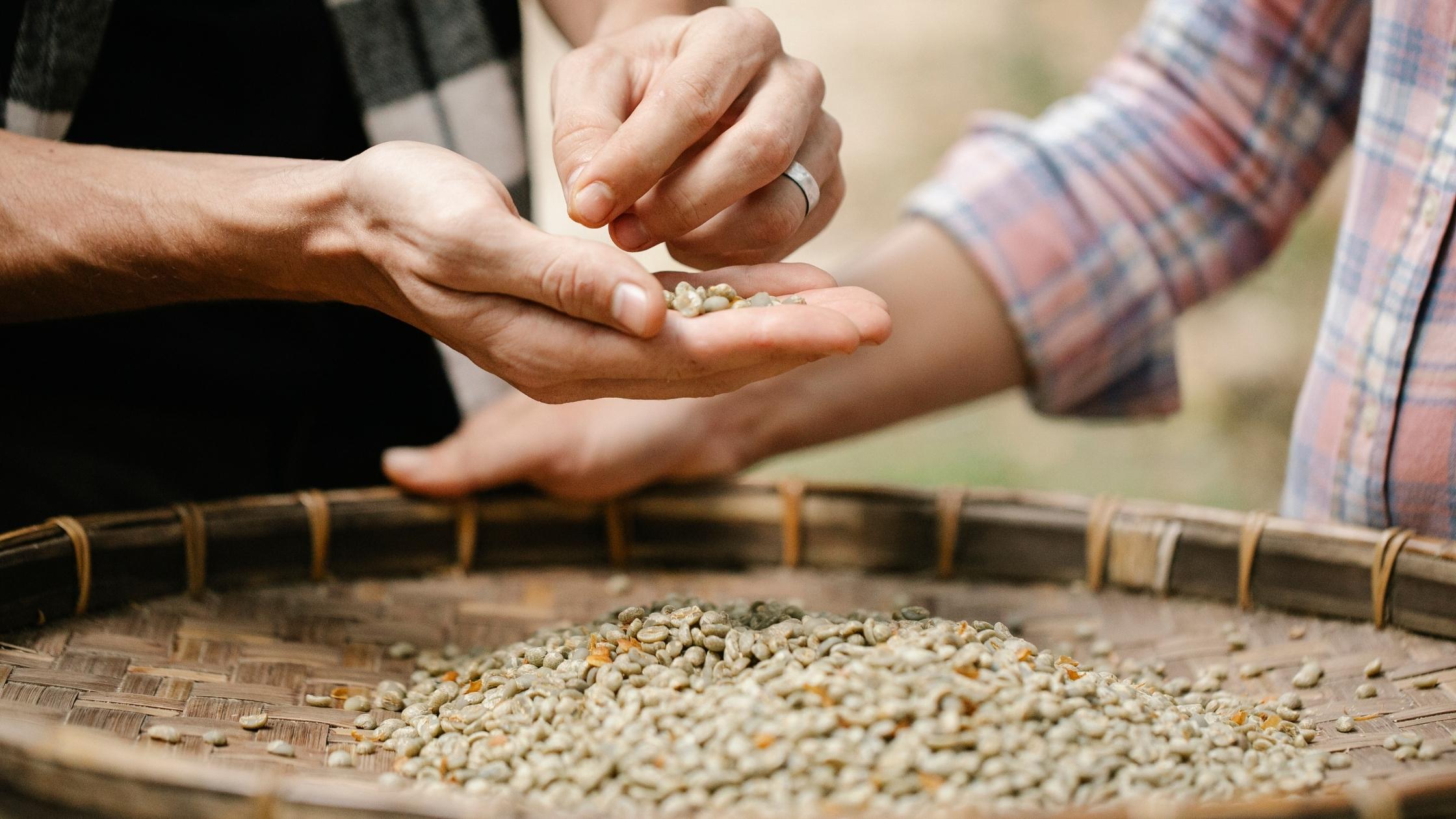
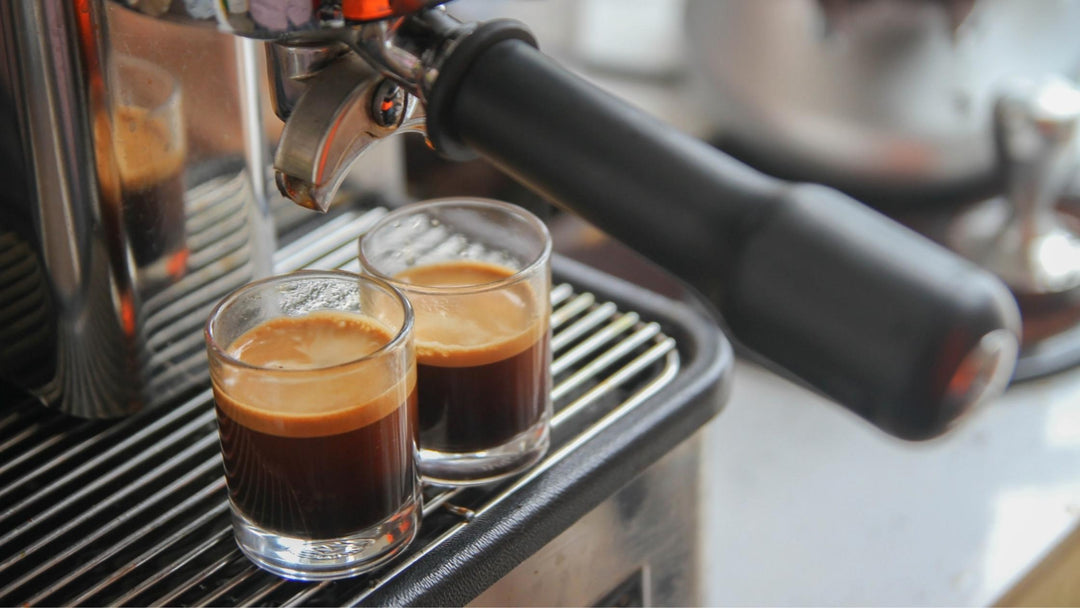
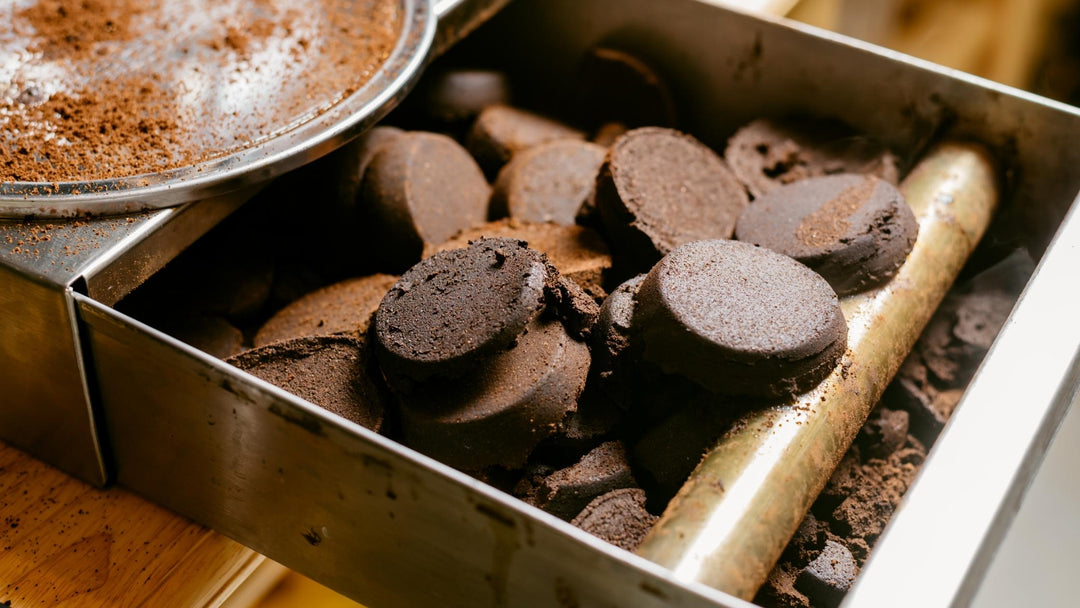
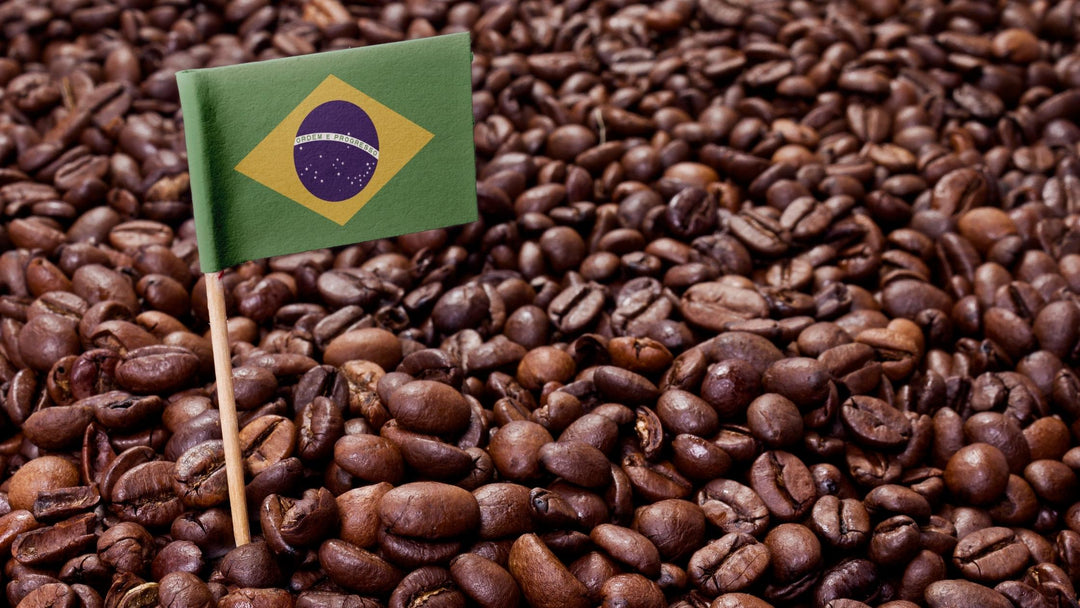

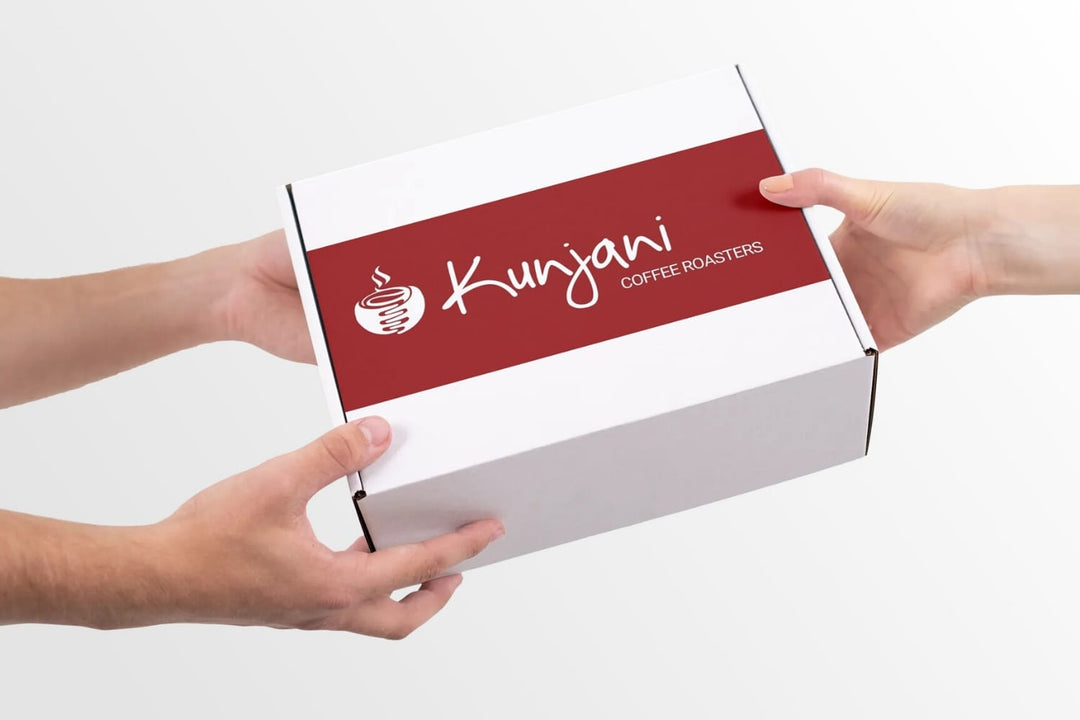
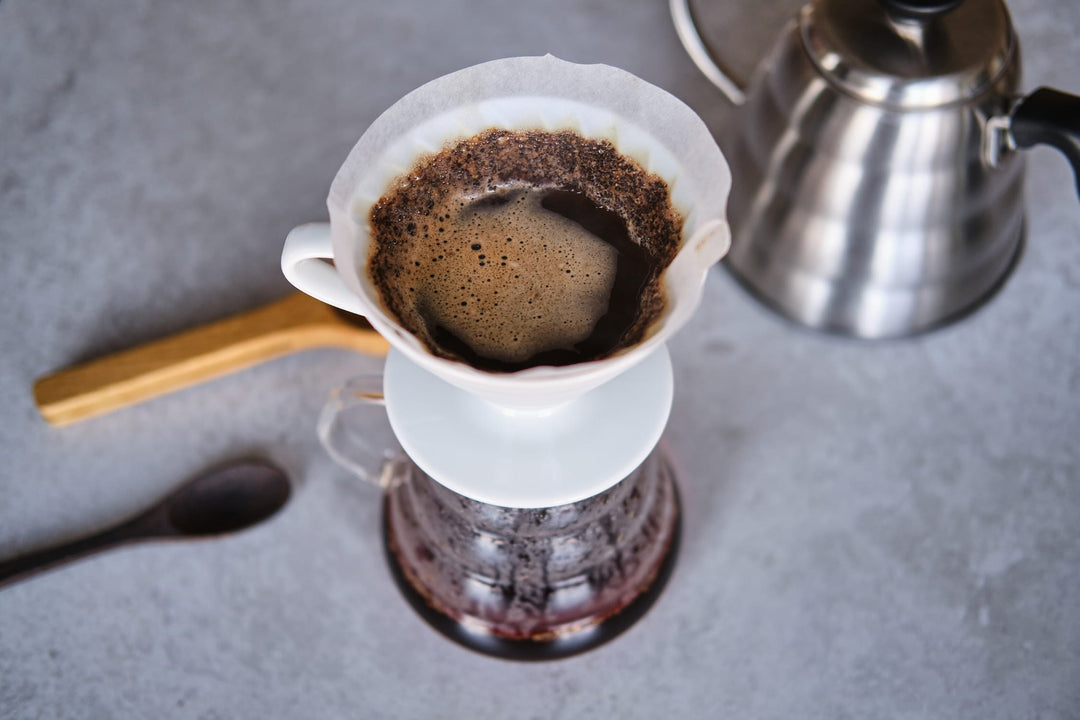
Leave a comment